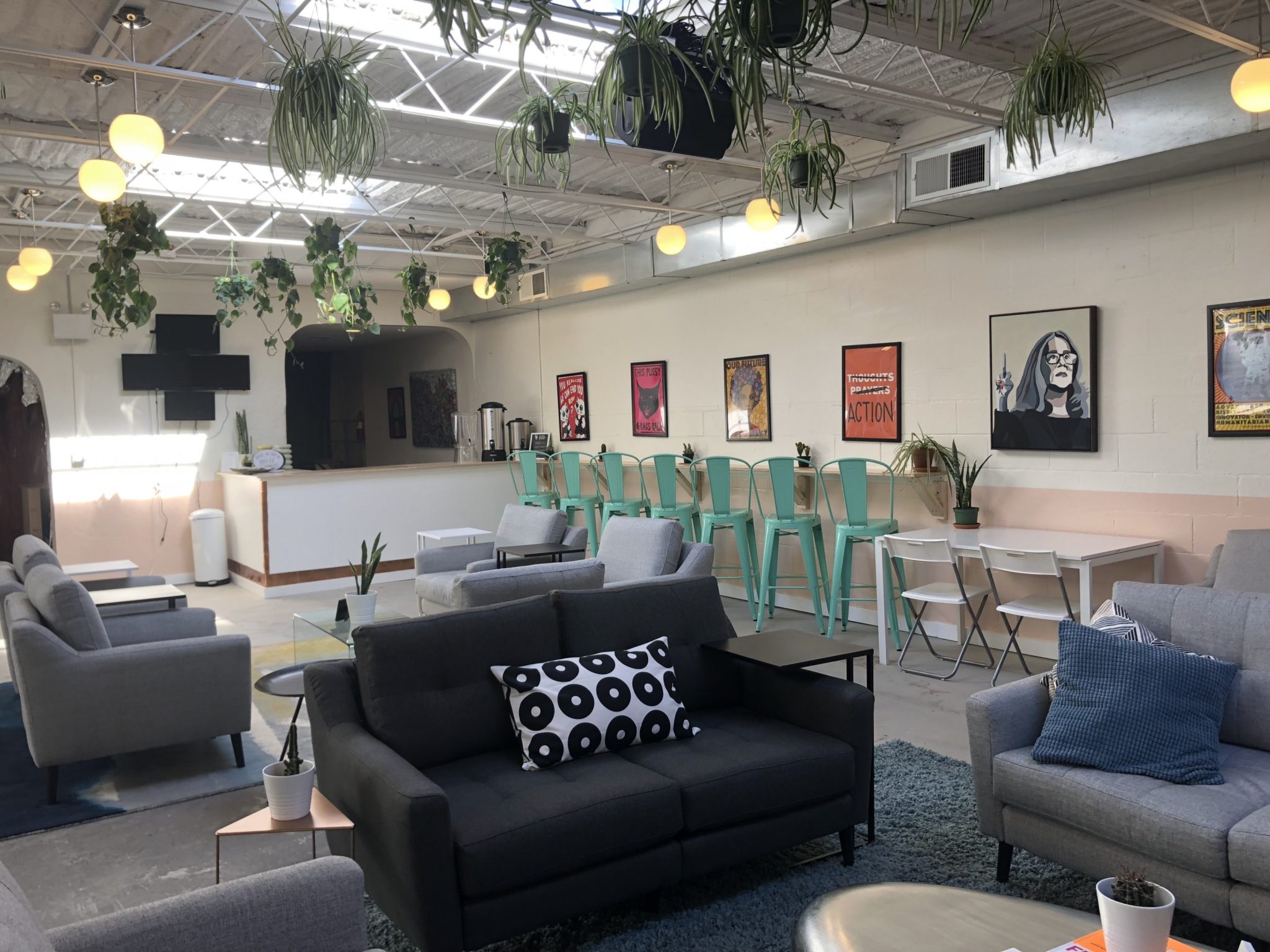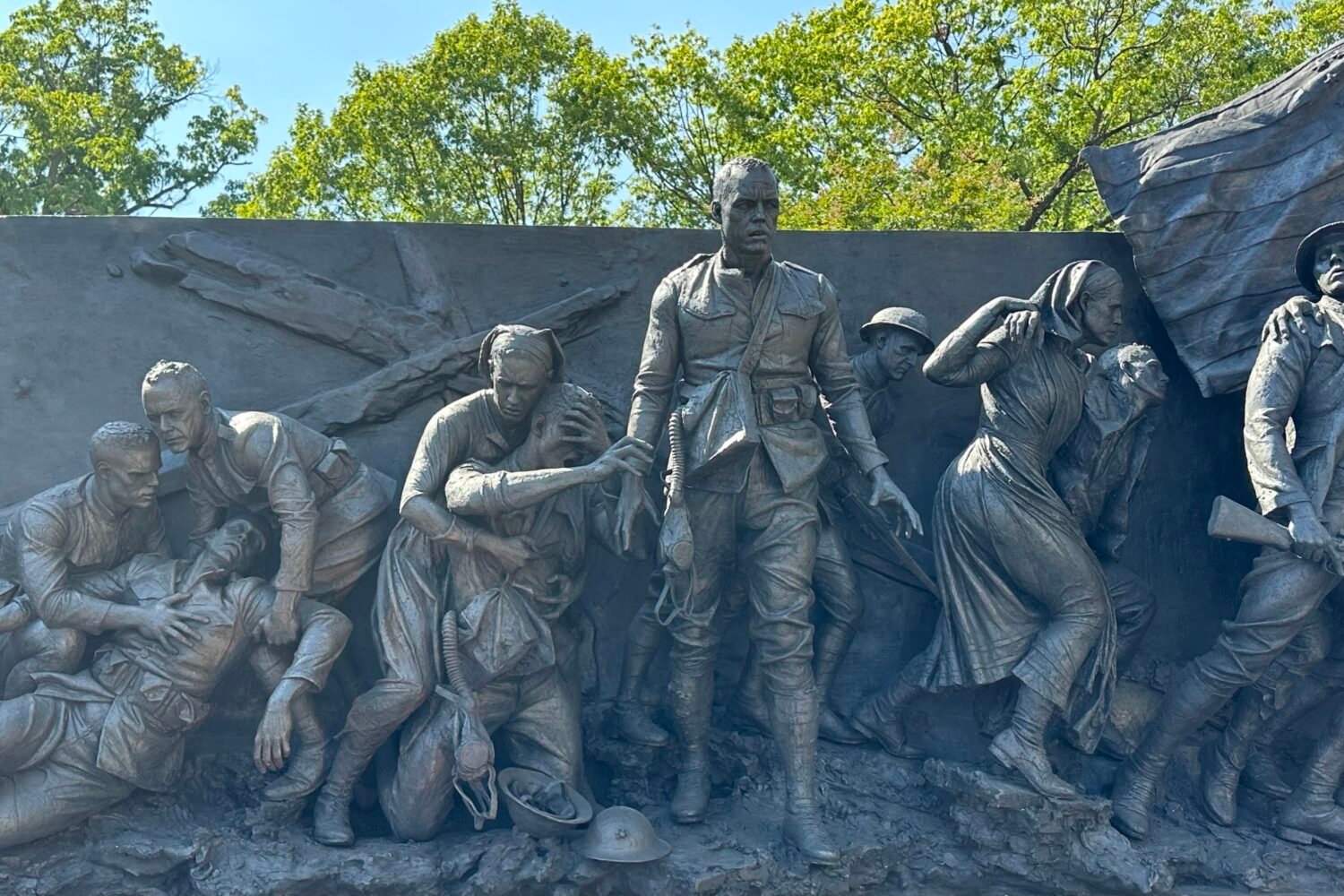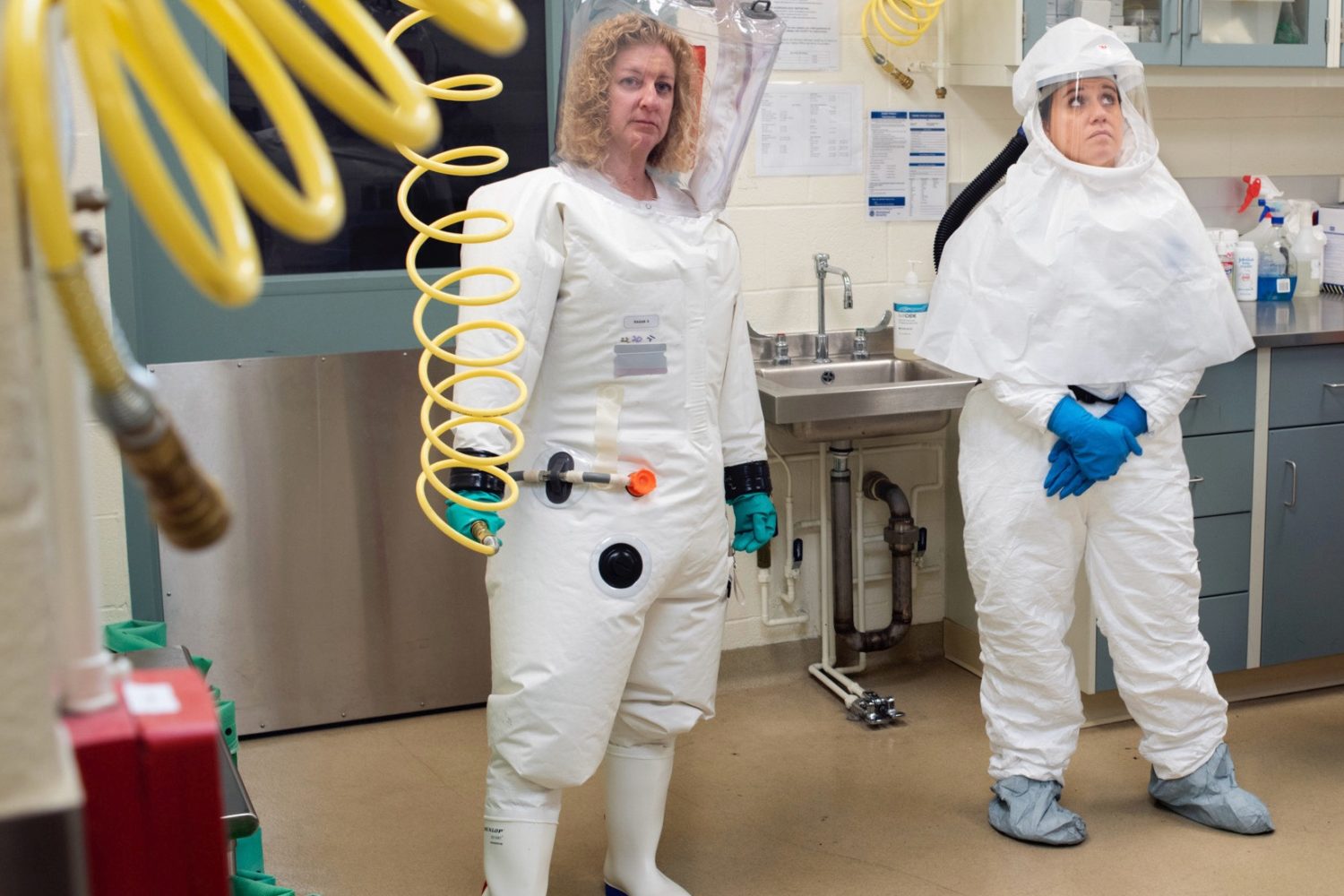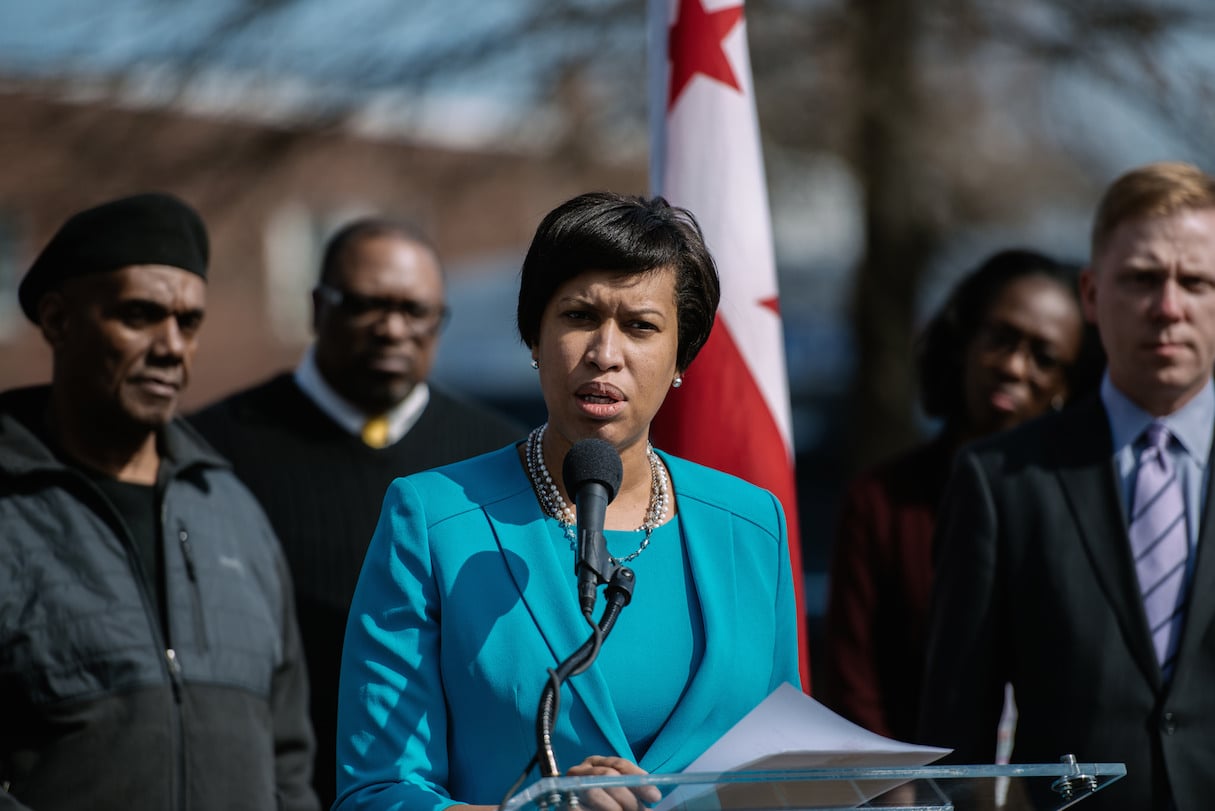The Outrage, the resistance-chic boutique of the Trump years, is turning part of the shop into a memorial for DC’s coronavirus victims on July 4. The retailer’s two-year-old membership club located in the back of the store has historically held feminist panels amid the paintings of Frida Kahlo and Christine Blasey Ford. But soon the walls will display the photographs and stories of the departed with monthly programming to give mourning families a place for collective grief.
“It feels like people are jumping back in the swing of things,” says program manager Jackie Giovanniello. “I’ve just been hearing that we really need to pause and sit with the enormity of this last year and not view the lives lost as statistics.”
Situated on 14th Street, the Outrage team has seen firsthand how the pandemic impacted its neighbors in the restaurant industry. Looking at the intersections of trauma, coordinators identified three communities to support through the memorial’s programming: families, restaurants, and artists and musicians.
The plan for the monthly events is to organize by ward, highlighting stories from each. Those interested in sharing memories of their loved ones can fill out an online form, and organizers will work with the families to identify the best way to honor the deceased. Neighborhood restaurants and performers will be tapped to provide food and musical accompaniment during the program, funded through sales of the Outrage’s floral memorial pins.
While shaping a space for shared mourning is a quieter endeavor than marches and protests, the Outrage founder Rebecca Lee Funk sees the memorial as an act of resistance in line with the Outrage’s activist mission—a rebellion against the mounting call to return to pre-pandemic norms.
“I think folks in the progressive community met that call with, ‘we don’t want to go back to what was normal. Normal wasn’t working in the first place,’ says Funk. “So I think this—in addition to holding space for collective trauma, and collective grieving—is also acknowledging that we’re trying to build something new.”



















